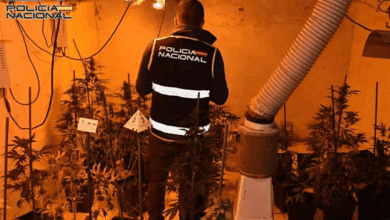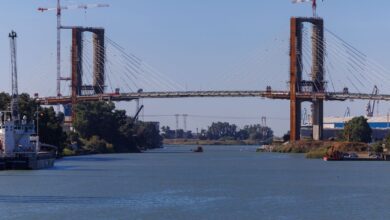
As part of a large-scale operation at Madrid’s Barajas Airport, law enforcement authorities have arrested 16 people involved in organizing cocaine shipments. Among those detained were airport employees who took advantage of their positions to move illegal substances without obstruction.
During the raids, police seized 60 kilograms of cocaine, more than five million euros in cash, and an arsenal of weapons: a pistol, a rifle, a grenade launcher, a hundred detonators, and a large quantity of ammunition. Vehicles and mobile phones used to coordinate the group’s actions were also confiscated.
A complex scheme and the roles of the participants
The investigation, which began back in 2022, uncovered a well-defined hierarchy within the criminal group. The leader oversaw every stage, from receiving the shipments to moving them out of the airport. To disguise their activities, the group used fake passengers who bought tickets for domestic flights to enter the international arrivals area. Once inside, they collected suitcases filled with drugs, removed the tags, and left the premises pretending to be regular travelers.
Airport staff played a key role, providing unrestricted access to luggage and helping to remove the banned substances. The scheme also involved an individual in charge of laundering proceeds through a network of front companies and transferring funds abroad, as well as organizing transport and real estate for the operation.
Financial flows and international connections
Part of the funds was transferred to foreign accounts and also converted into cryptocurrency to conceal the money’s origin. To cover up their operations, the group used offices and fake employment schemes, allowing members to maintain the appearance of a legitimate business and a high standard of living.
The operation ended with a series of searches in residential homes and warehouses, including the municipality of Sonseca, where yet another large stash of cocaine was discovered. The investigation lasted nearly three years and succeeded in fully exposing the extensive network, which operated not only in Spain but also beyond its borders.











